
No, it is neither a separate country nor a colony. Siberia is a geographical region of Russia and currently most of its inhabitants are ethnic Russians.
In the Middle Ages, these lands were inhabited by nomadic tribes of the ancient states of East Asia. For a long time, the territory of Siberia was in vassal-like dependence to the Golden Horde, and after the latter's collapse, at the end of the 15th century, the Khanate of Sibir was formed in its place
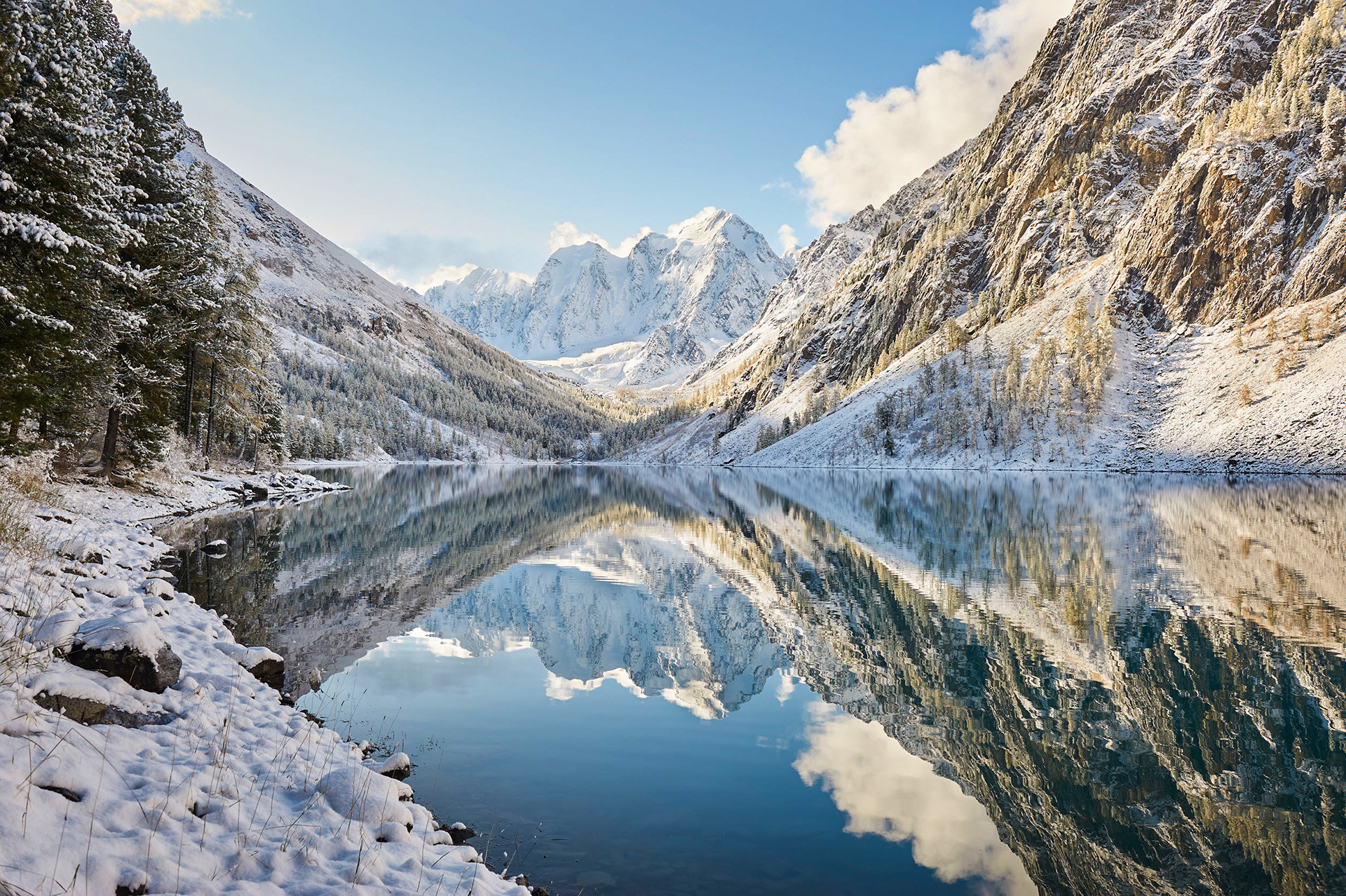
In the Middle Ages, these lands were inhabited by nomadic tribes of the ancient states of East Asia.
Legion MediaAs early as the 16th and 17th centuries Russian settlers were establishing their own towns on the former territory of the Khanate of Sibir.
Geographically, Siberia is in Asia. But it is so big and boundless that not even every Russian knows where it starts or ends.
Its borders are notional, but it is usually assumed that Siberia begins from the Ural Mountains (which also divide the continent into Europe and Asia) and ends with the Arctic Ocean, its coastal seas and the Russian Far East. In the south, this Russian region borders China, Mongolia
This is how it looks on a map:
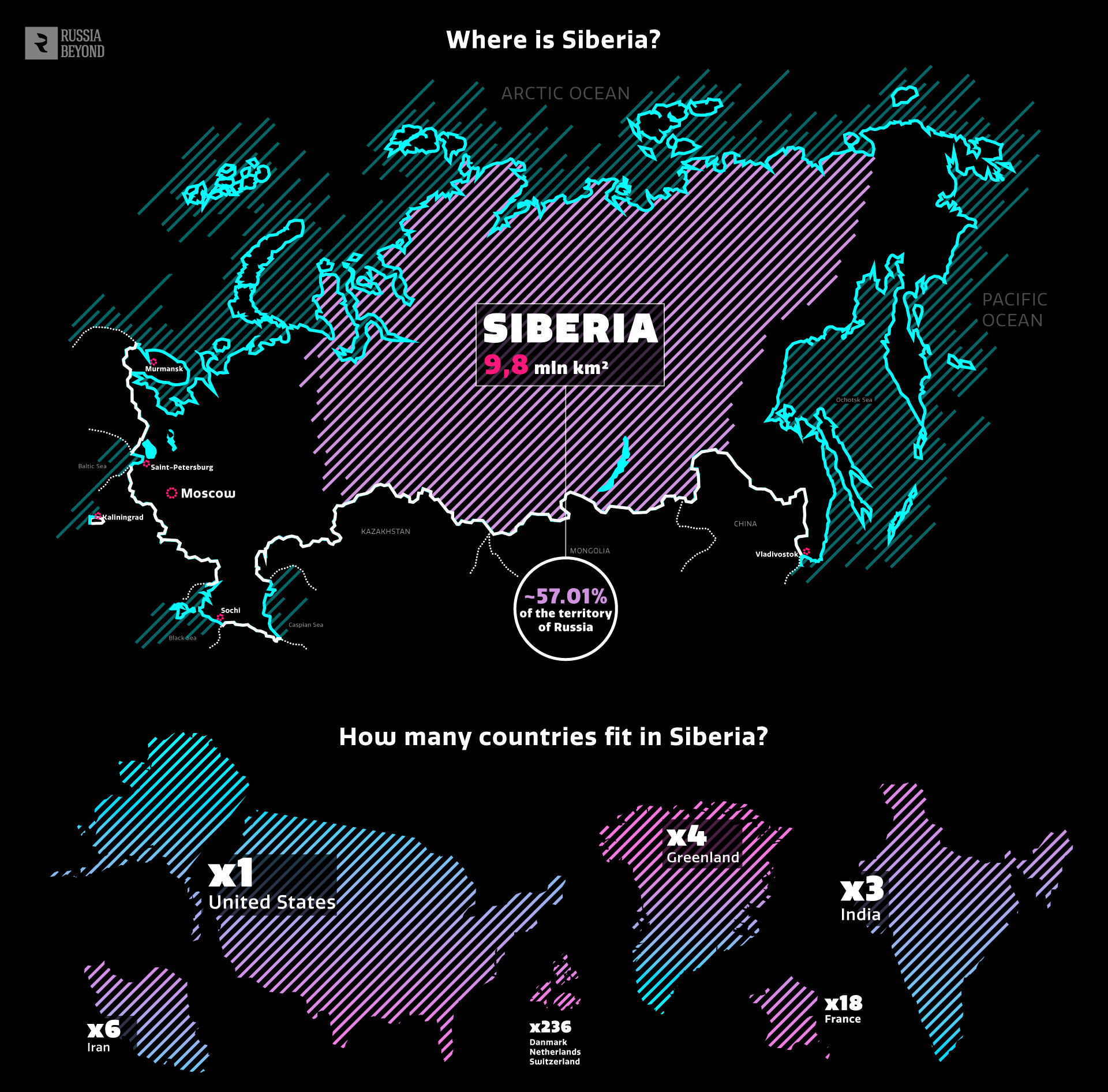
Siberia occupies 9.8 million square miles. It's enough to contain 18 countries the size of France.
Aleksander KislovSiberia occupies 9.8 million square miles, equivalent to 57.01 percent of Russia's whole territory. Is it really that much? Well, enough to contain 18 countries the size of France. Or 27 times the size of Germany. Or 32 times the size of Italy. Or 26 times the size of Japan. Or the whole of Europe. Well, you know what we mean.
Much of Siberia is covered by mountains and taiga - impassable forests that are untouched by man. You settle there to pursue only one goal - to hide from civilization, as one family of Old Believers (Russian Orthodox Christians who broke away from the Russian Church more than 350 years ago) did in 1936. They fled to Siberia to escape religious persecution and lived in the taiga for decades. Now only one member of the family - Agafia Lykova - is still alive… and still living there
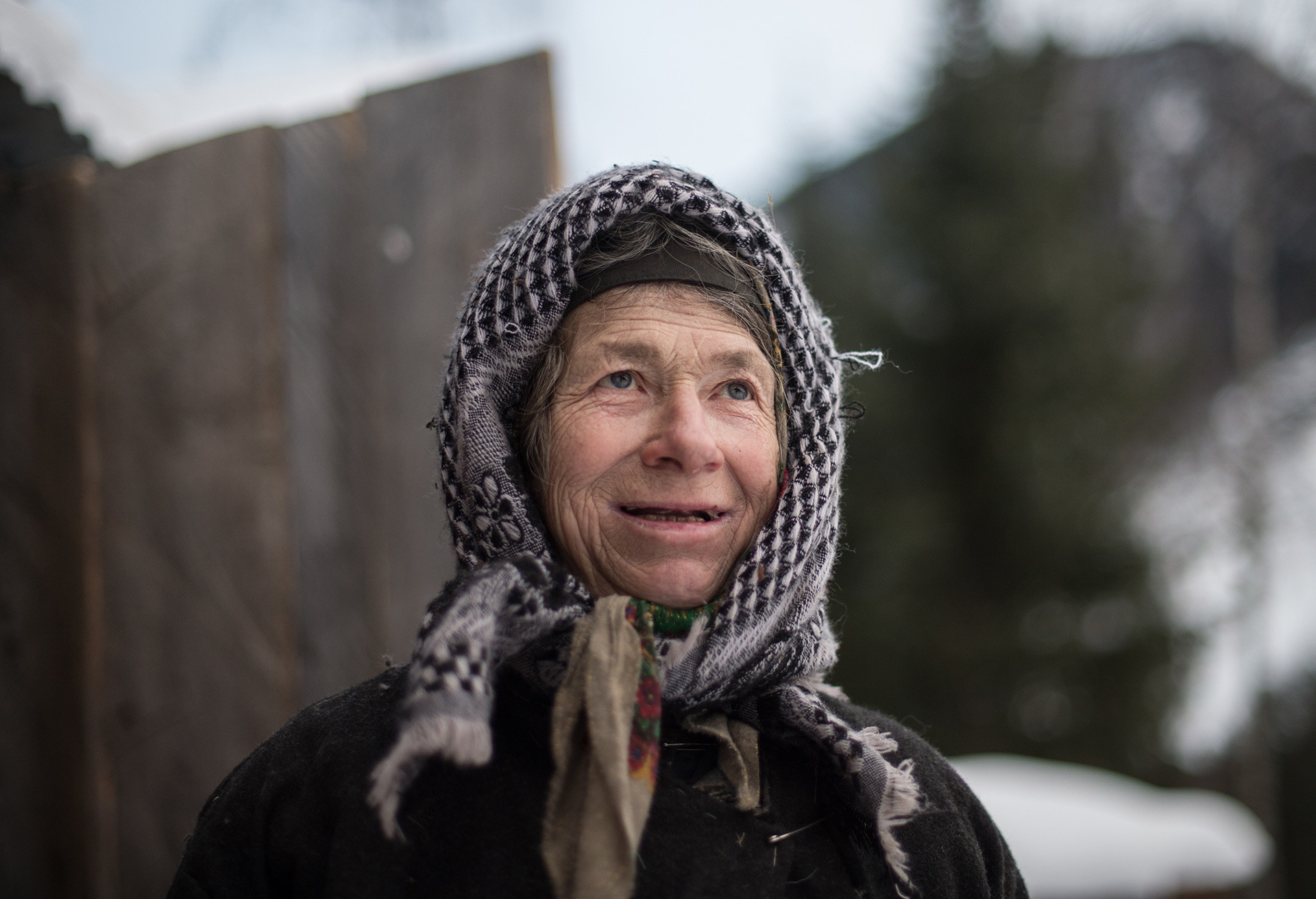
Agafia Lykova
Iliya Pitalev/SputnikThe reasons vary. Over several centuries Siberia went through more than one wave of migration. In the first half of the 19th
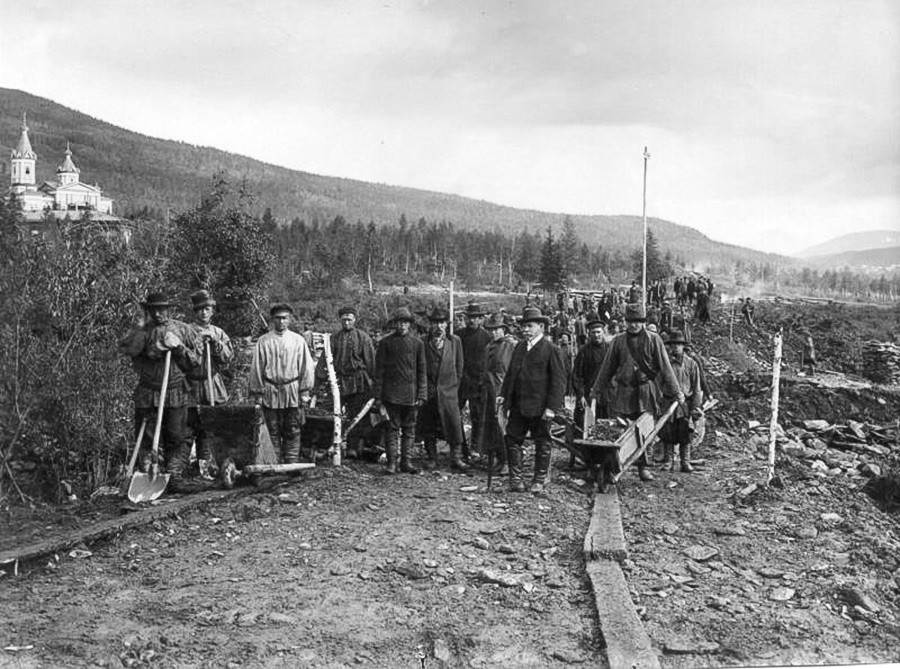
In the 20th century when industrialization came to Siberia.
russiainphoto.ru/MAMM/MDFAlso, you must have heard that millions of people were exiled to Siberia. It is true that "exile to Siberia" was arguably the worst fate a person could be condemned to (apart from being shot). Prisoners and dissidents were sent to Siberia to build new infrastructure, like railways or to work in mines in the harshest of conditions. When he was young, Joseph Stalin was exiled to Siberia six times. He escaped five times.
Still, not all the inhabitants of Siberia are descendants of exiles.
In the popular
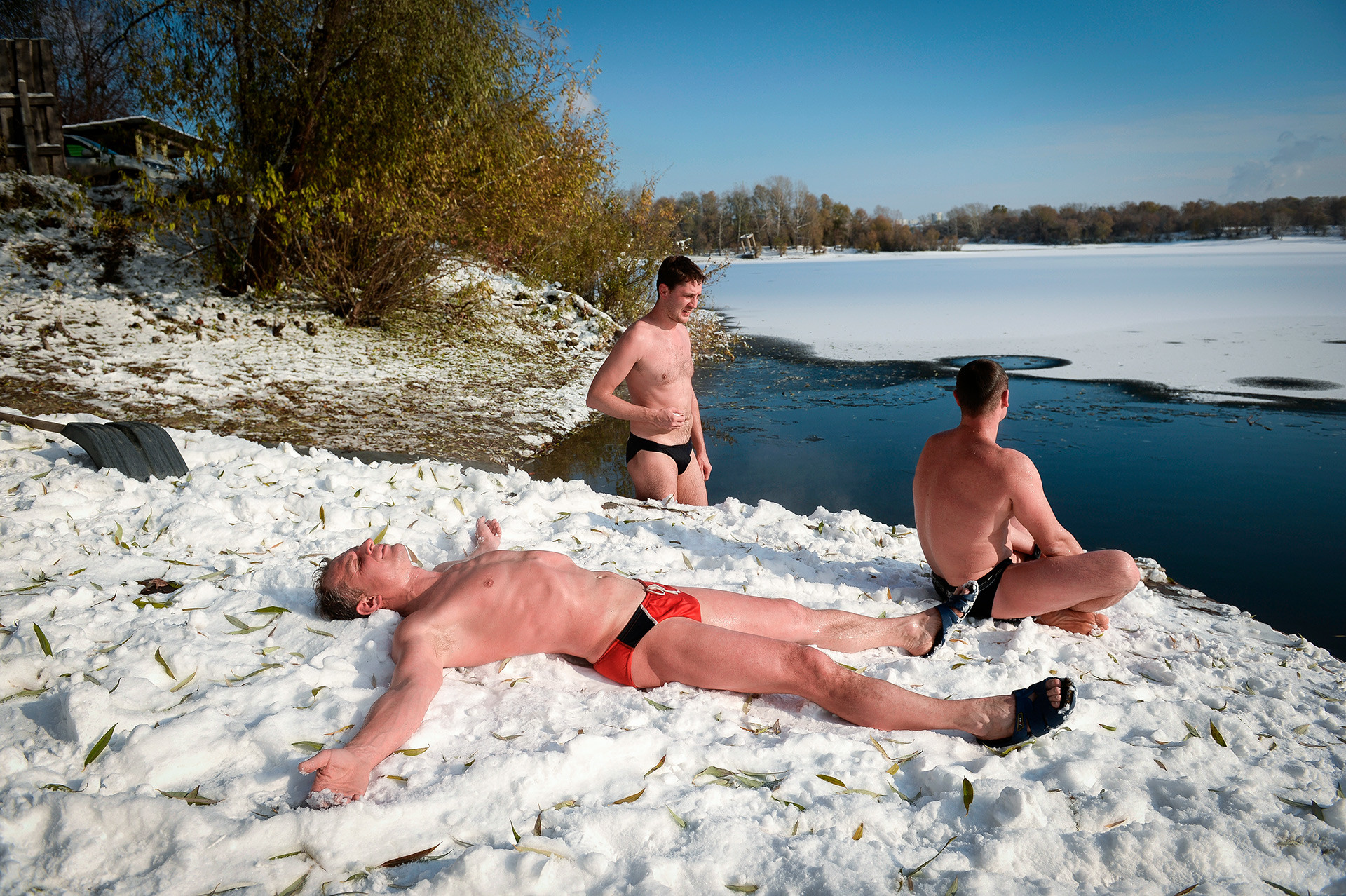
Сlimate of Siberia is similar to the climate of western Russia, with slightly colder winters (-20°С/-4°F) and hotter summers (+25°C/77°F).
Alexandr Kryazhev/Sputnik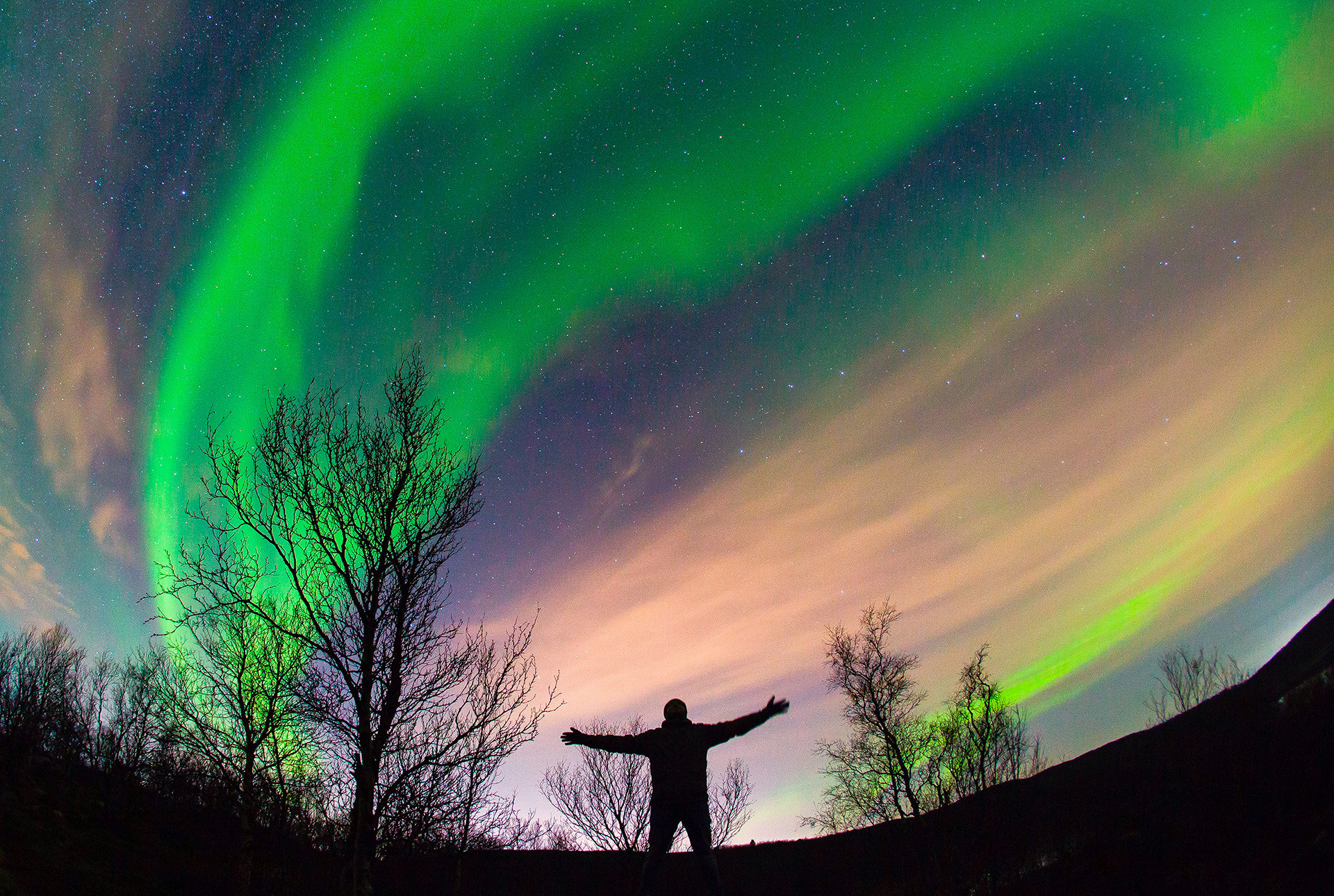
Arctic Circle passes through a huge part of the country.
Sputnik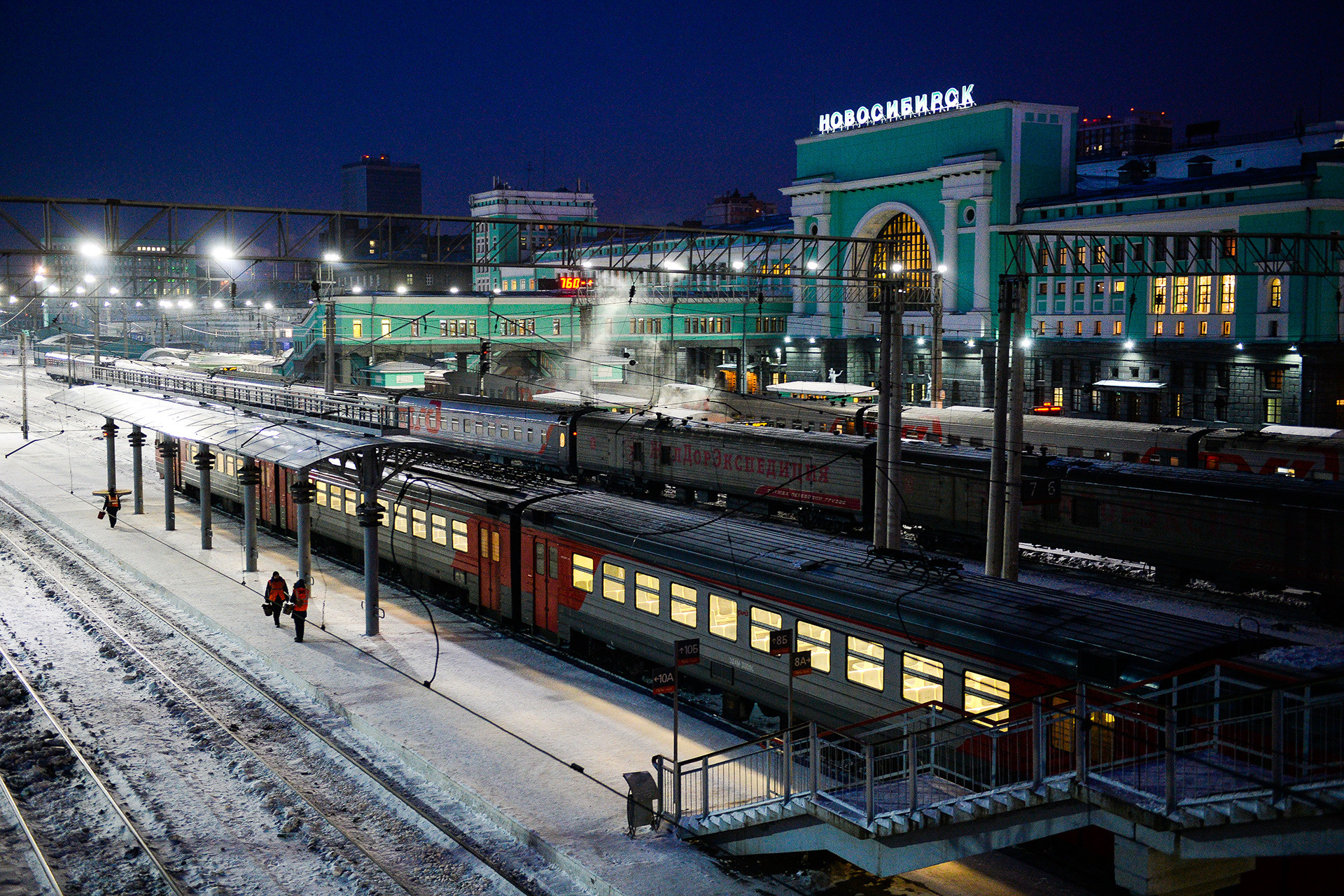
Most Siberians believe that the capital of Russia should be moved to Siberia.
Alexandr Kryazhev/Sputnik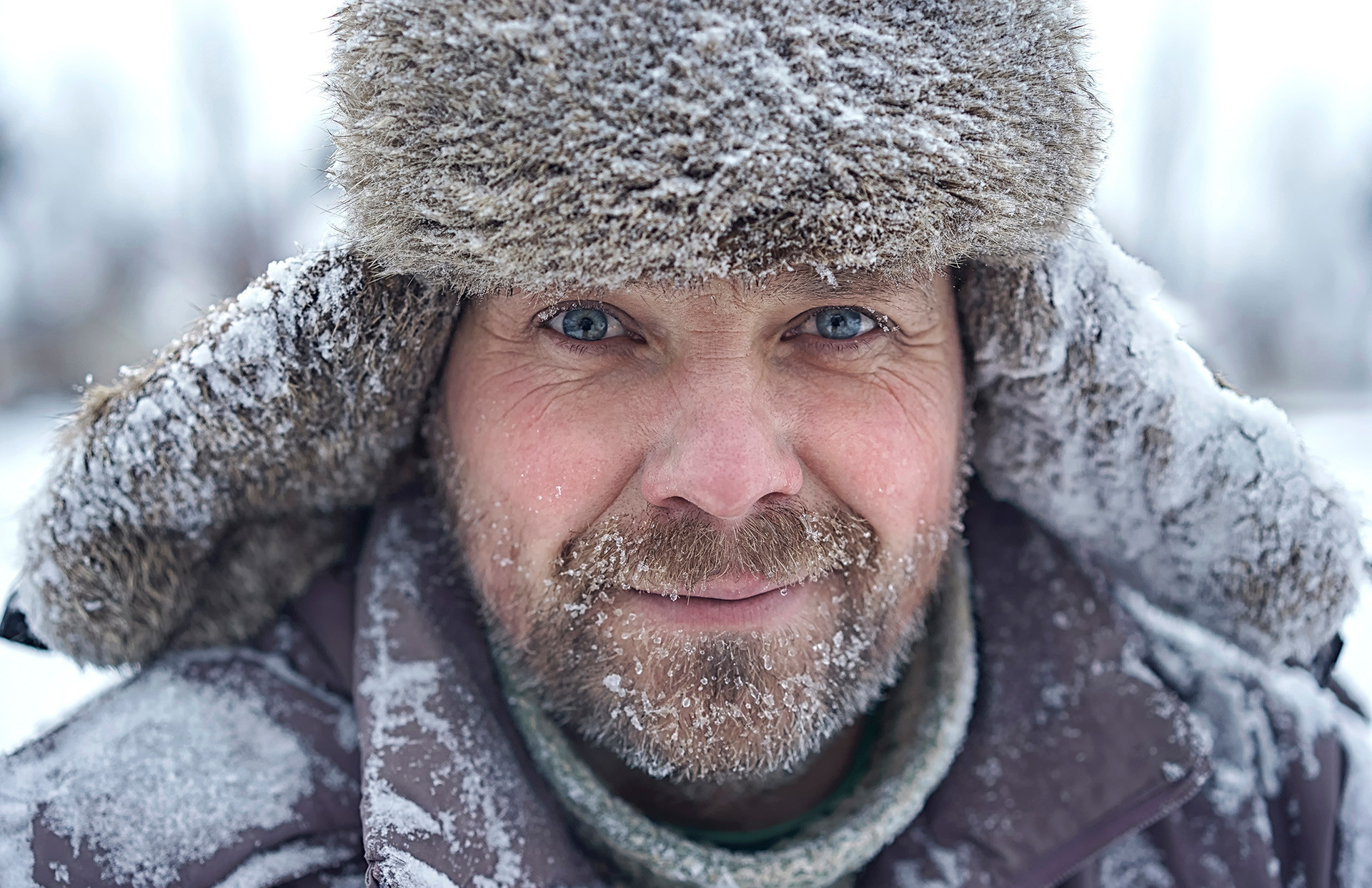
They get straight to the point in both their words and deeds.
Getty ImagesFor the same reason that Londoners are not called Britons or Berliners, Germans, although they are natives of those countries.
Siberians have often lived and worked in hard conditions, so gradually they developed a slightly different mentality from the inhabitants of the European part of Russia. The Siberian character and "Siberian health" imply resilience, the ability to resist stress and toughness. It is believed that Siberians do not waste their energy on trifles. They get straight to the point in both their words and deeds. They themselves may describe themselves in the following terms: "We are a big family, and we are all different. But one of my brothers is a typical Siberian... He won't discuss any whys and wherefores. Rather, he would be inclined to hit you in the face."
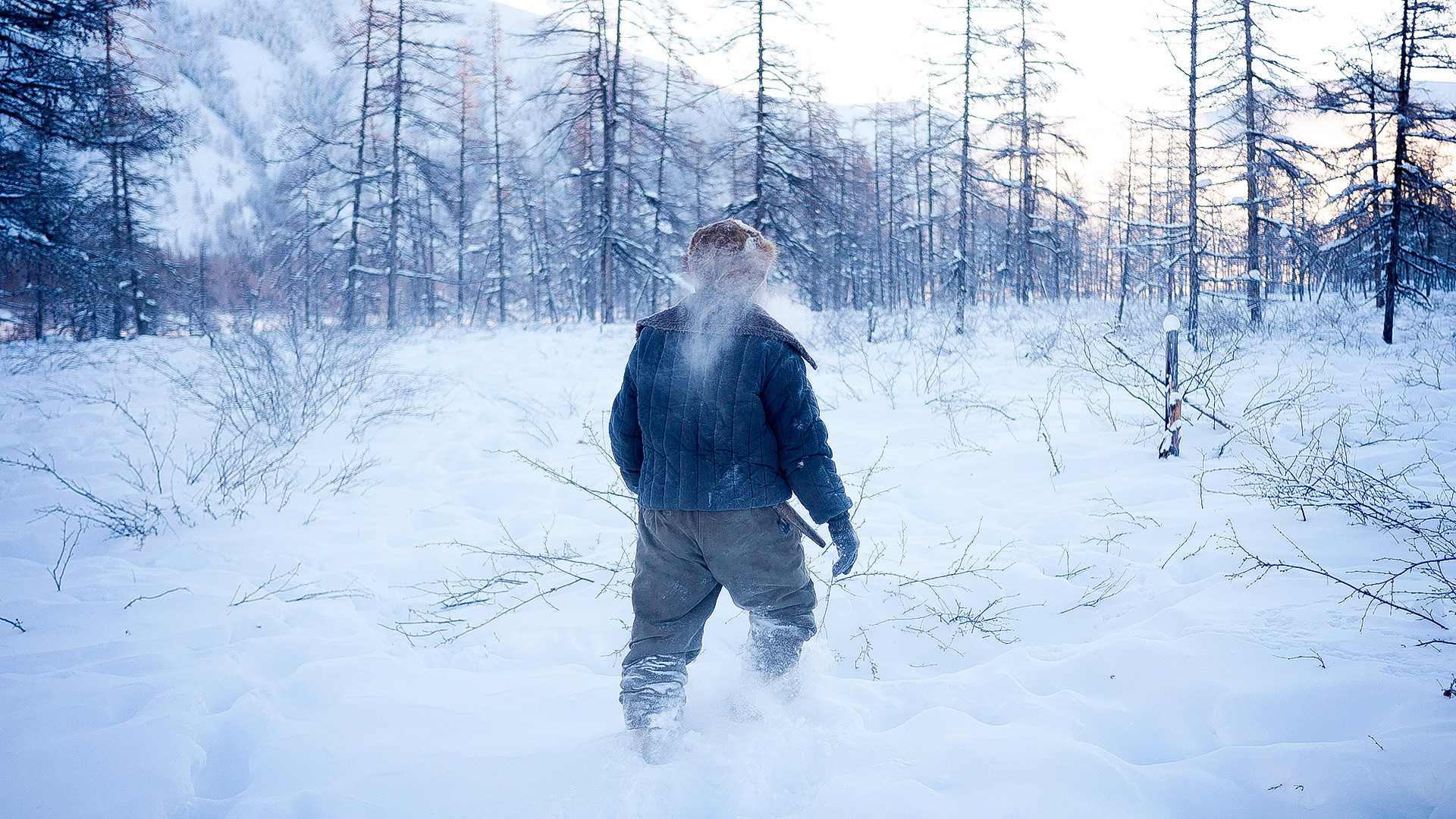
Times change, and today a Siberian may differ little from a resident of St. Petersburg.
Getty ImagesYes and no. Times change, and today a Siberian may differ little from a resident of St. Petersburg.
Here is what, for example, this social media commentator thinks: "Nowadays people living in Siberian cities are as unhealthy as in other regions of Russia! Health comes from healthy food and
By the way, we do have a description of a typical Siberian, so you can see for yourself what they and their everyday lives are like.
If using any of Russia Beyond's content, partly or in full, always provide an active hyperlink to the original material.
Subscribe
to our newsletter!
Get the week's best stories straight to your inbox